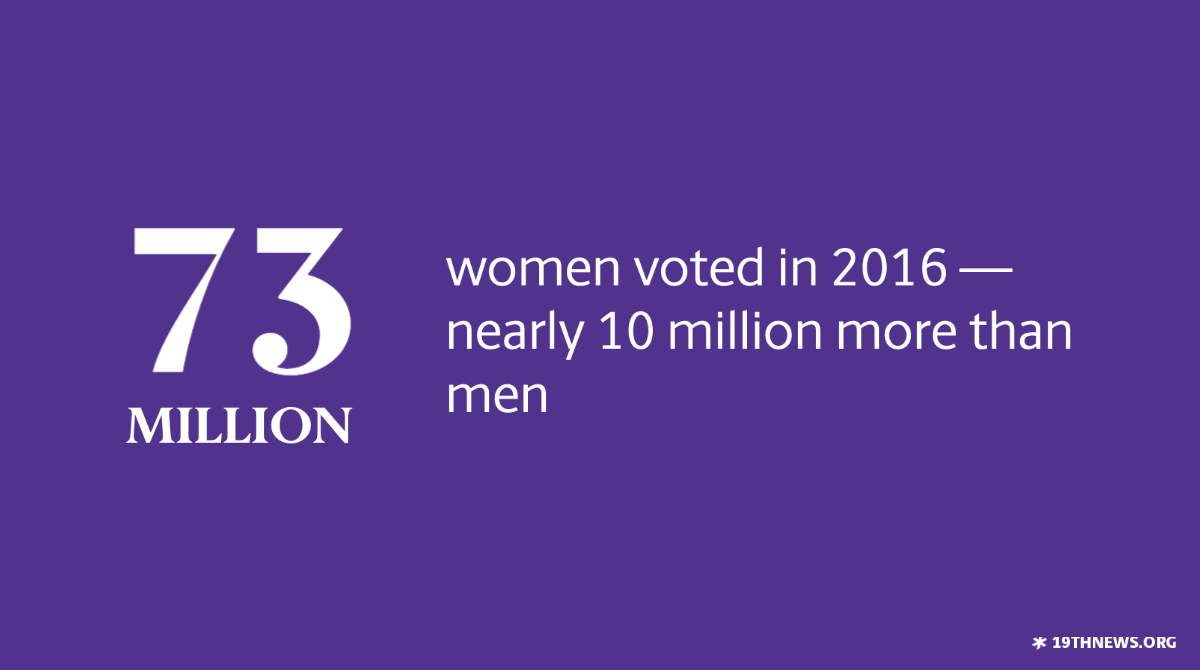
Almost 42 million Americans serve as caregivers for relatives 50 or over.
The work is grueling and unpaid. As COVID continues, family caregivers — overwhelmingly women — say the burden is driving their vote.
The latest from @shefalil: bit.ly/2SANhW7
The work is grueling and unpaid. As COVID continues, family caregivers — overwhelmingly women — say the burden is driving their vote.
The latest from @shefalil: bit.ly/2SANhW7
2/ When COVID-19 emerged, Jyl Choate's family entered into strict lockdown.
Beyond caring for her own family, Choate, 51, is responsible for her 87-year-old mother.
"Nobody wants to kill grandma. If any of us get the virus, she will probably get it." bit.ly/2SANhW7
Beyond caring for her own family, Choate, 51, is responsible for her 87-year-old mother.
"Nobody wants to kill grandma. If any of us get the virus, she will probably get it." bit.ly/2SANhW7
3/ Choate's whole life revolves around her mother: 14 hours a day, seven days a week.
Even before COVID, she stopped working to stay on top of her mother's needs. Now, the pandemic has strained her family's finances. Choate is more stressed than ever. bit.ly/2SANhW7
Even before COVID, she stopped working to stay on top of her mother's needs. Now, the pandemic has strained her family's finances. Choate is more stressed than ever. bit.ly/2SANhW7
4/ These worries have political ramifications for Choate, who wrote in a vote for Jeb Bush in 2016.
She is a lifelong Republican, but she can't vote for Trump, she said — especially after he told voters "don't be afraid" of COVID after contracting the virus himself.
She is a lifelong Republican, but she can't vote for Trump, she said — especially after he told voters "don't be afraid" of COVID after contracting the virus himself.
5/ The issue of caregiving has gotten little attention on the campaign trail.
"Caregiving is hard to start with. But given isolation, [and the] inability to access services [because of quarantine], it's made it even more difficult," said one researcher. bit.ly/2SANhW7
"Caregiving is hard to start with. But given isolation, [and the] inability to access services [because of quarantine], it's made it even more difficult," said one researcher. bit.ly/2SANhW7
6/ Already, people who are caring for others appear less likely to attend to their own health. And now, emerging research shows psychological consequences, too.
According to one August report, two-thirds of unpaid caregivers for adults had at least one mental health condition.
According to one August report, two-thirds of unpaid caregivers for adults had at least one mental health condition.
7/ Current data tracking mental health among caregivers doesn't account for race. *️⃣ But systemic factors in terms of whom COVID most affects means Black and Latinx people in many ways face a heavier burden.
"There are these structural factors making it all that much harder."
"There are these structural factors making it all that much harder."
8/8 Experts say the psychological and financial burdens on caregivers spotlights shortcomings in the nation's family caregiver infrastructure.
For now, caregivers continue to navigate this moment on their own.
A must-read from @shefalil: bit.ly/2SANhW7
For now, caregivers continue to navigate this moment on their own.
A must-read from @shefalil: bit.ly/2SANhW7
• • •
Missing some Tweet in this thread? You can try to
force a refresh





